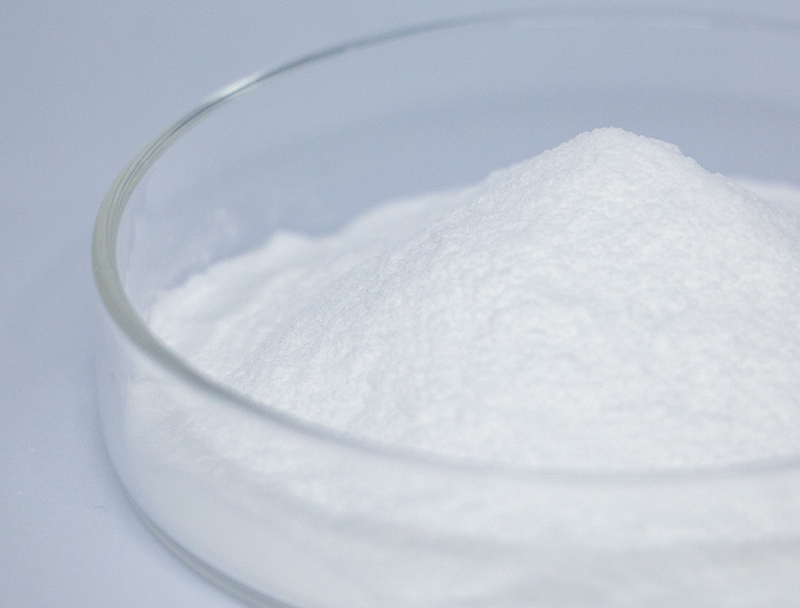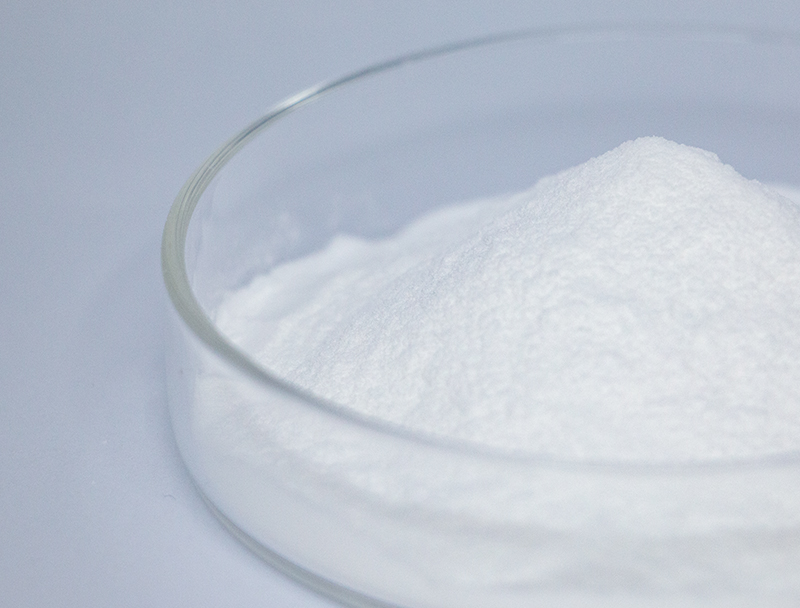
Cell-based production leans heavily upon a plentiful suite of starting materials to supply inventive bioproducts.
Securing the sustainable sourcing of these resources remains essential to industry resilience and responsible expansion.
numerous problems stemming from established sourcing methods including carbon-intensive impacts and resource exhaustion. Consequently, biotech firms need proactively to adopt sustainable procurement approaches to reduce environmental impact.
- Models of sustainable material sourcing include:
- Leveraging biomass from food-processing residues
- Adopting looped production models to decrease loss and amplify reuse
- Connecting with nearby vendors prioritizing responsible supply
Transitioning to green supply models secures ecological benefits and economic upside.
Advancing Biomass Preparation for Elevated Biofuel Production
Optimizing biofuel yields depends strongly on feedstock quality and makeup. Researchers repeatedly investigate innovative methods to enhance feedstock potential, leading to higher yields of biofuels and a more sustainable energy future. Methods encompass cellular engineering to augment biomass output and refining processes to liberate fermentable carbohydrates.
- Furthermore, teams search for alternative biomass sources including algal strains, industrial wastes, and crop leftovers to broaden sustainable feedstock options for fuels.
- By means of ongoing innovation the biofuel sector can achieve substantial advances soon, shaping a cleaner energy future.
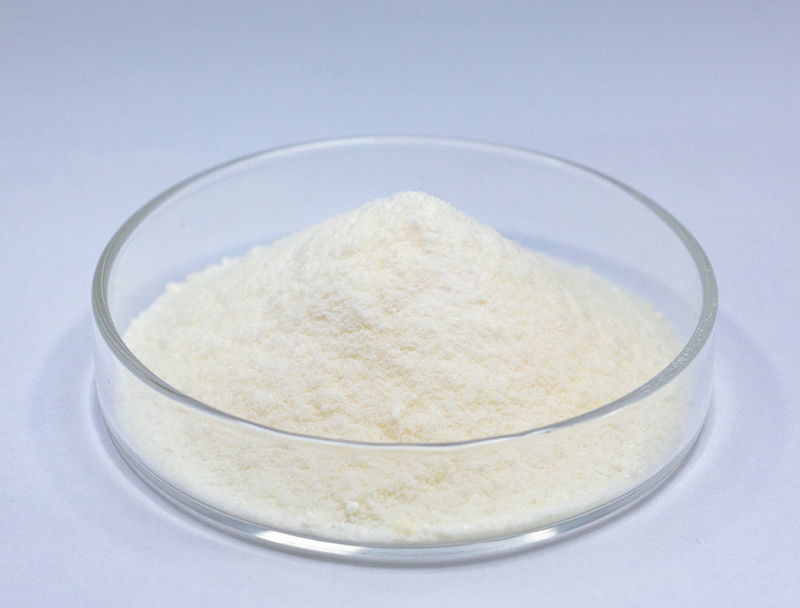
Upstream Process Improvements for Modern Biopharma Production
involves foundational activities from cultivation to biomass harvest Ongoing innovations have accelerated process enhancement leading to greater yields.
Important innovations consist of upgraded cell platforms, customized nutrient matrices, and smart bioreactor solutions. The improvements increase output while decreasing cost structures and sustainability impacts.
- Similarly, continuous process trends grant superior flexibility and refined control across production stages.
- Implementing cutting-edge manufacturing technologies will probably redefine workflows and accelerate innovation.

Genetic Engineering Innovations for Higher Therapeutic Yields
progresses in gene editing technologies, such as CRISPR-Cas9, have revolutionized the production of biopharmaceuticals. With exact genomic alterations, researchers improve host productivity for therapeutic manufacture. This capability can unlock development of cost-efficient, high-performance biologics for many conditions.
Using Microbial Systems for Site-Specific Remediation
forward-looking microbial interventions for environmentally friendly decontamination. Selected microbial cultures can remediate contaminants through biodegradation pathways.. Applying microbial remediation systems creates low-impact cleanup options that address contamination efficiently.. Analysts explore microbial consortia for targeted removal of metal toxins, pesticide residues, and petroleum contaminants.. Organisms may be utilized in controlled reactors or in place to accelerate contaminant decomposition through biodegradation..
Employing microbial strategies for remediation provides multiple benefits versus traditional techniques. Such strategies are budget-friendly and lessen the creation of harmful byproducts. Similarly, microbe-based remediation affords specificity that avoids extensive ecosystem disturbance. The field of microbial biotechnology continues to advance rapidly, with ongoing research focused on improving the efficiency and effectiveness of bioremediation strategies.
Bioinformatics Tools Transforming Drug R&D
Advanced informatics contributes significantly to today’s drug research environment. By leveraging complex datasets, bioinformatics expedites discovery and optimizes candidate safety and potency.
- By interrogating large-scale omics and clinical information, scientists find new targets and predict candidate efficacy.
- In addition, predictive simulations inform medicinal chemistry efforts to craft more efficacious drugs.
- Ultimately, informatics is transforming R&D and shortening timelines to deliver safe, efficacious therapies to patients.
Metabolic Design Approaches to Boost Bioproduct Yields
applies assorted techniques to boost microbial synthesis of valuable compounds. Tactics can encompass genetic engineering to reconfigure metabolism, promoter modulation to adjust expression, and pathway insertion to enable new reactions.. With precise metabolic tuning scientists can greatly enhance yields of desired compounds.
This wide-ranging tactic can overhaul industries spanning medicine, agriculture, and energy production.
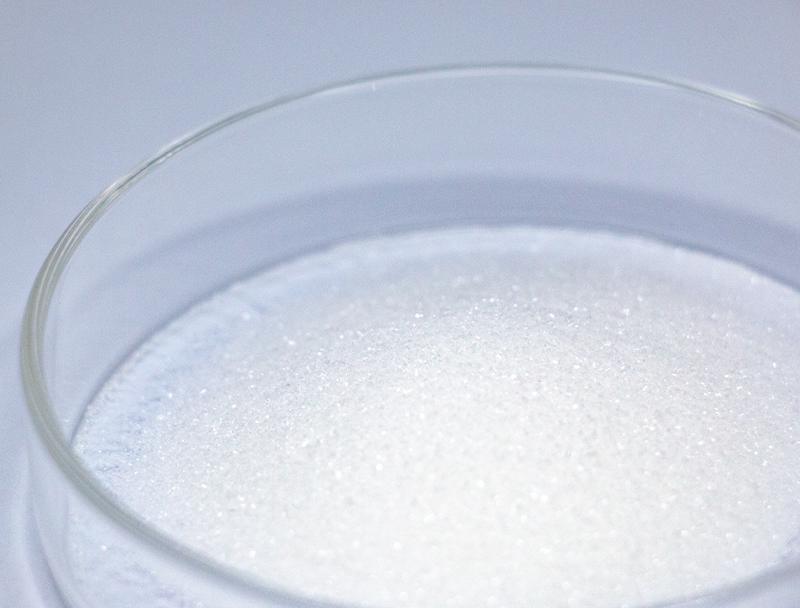
Barriers and Benefits When Expanding Biopharmaceutical Manufacturing
Commercializing biopharma production involves significant constraints and promising benefits. Maintaining consistent product attributes with scale-up remains a central difficulty. Managing it necessitates robust automation, high-fidelity monitoring, and powerful analytical capabilities.

Complexity in multi-step biomanufacturing operations presents ongoing operational challenges.. Converting small-scale procedures to plant-scale operations necessitates extensive innovation and optimization.. Yet, the returns can be substantial. Proper scaling can increase therapy supply, reduce expenses, and elevate profitability.
Challenges are being addressed through a number of initiatives. These include the development of new technologies for process optimization, advanced analytics for real-time monitoring and control, and innovative manufacturing strategies.
- Developmental projects contribute critically to scaling manufacturing competency.
- Regulatory bodies are modernizing pathways to accelerate approval of advanced production technologies and support innovation.
Understanding Regulatory Oversight to Ensure Biopharmaceutical Quality
The development of biopharmaceuticals is a complex process that requires stringent regulatory oversight to ensure both patient safety and product efficacy. Therapies derived from biological organisms carry special considerations not typical of conventional pharmaceuticals.
Regulators such as the FDA and EMA define authorization pathways and quality standards for new biologic medicines..
Stringent experimental and surveillance testing occurs across the entire development-to-market continuum. These controls function to identify dangers and ensure biopharmaceuticals achieve premier safety standards..
Likewise, authorities progressively modify regulatory tactics to follow the speed of innovation in biopharma.. Initiatives cover incorporating new methods and supporting faster development while ensuring patient protection.
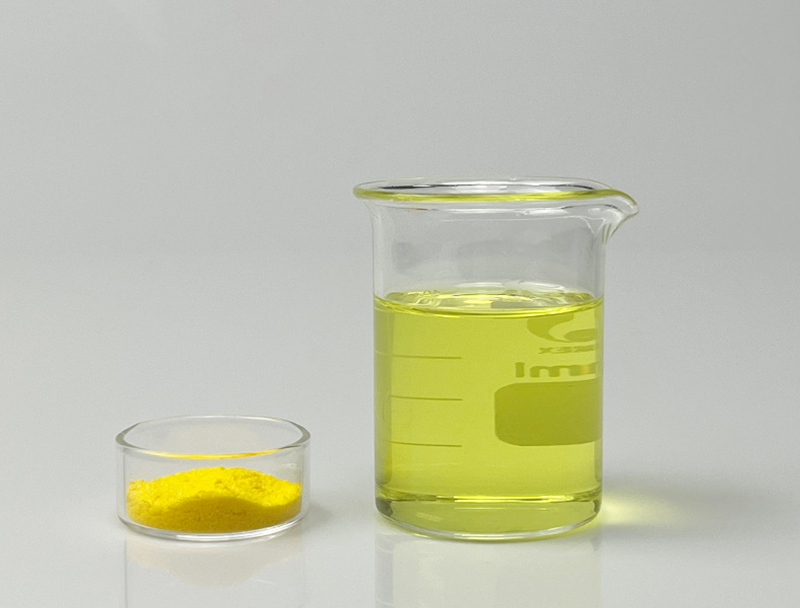
Assessing Plant Biomass Pathways for Bioplastic Innovation
The rising demand for eco-friendly materials fuels R&D on bio-based alternatives. Plant-origin feedstocks converted into bioplastics create promising opportunities for eco-friendly materials. Plant-based biomass resources such as cornstarch, cellulose, sugarcane can be processed into biodegradable plastics that degrade naturally, minimizing the environmental impact of conventional plastics.
Additionally, many plant-based bioplastics show performance characteristics similar to conventional plastics for numerous uses.. Ongoing R&D is essential to scale plant-based bioplastics and realize circular economic benefits.
Biotech Contributions to Global Health and Crop Productivity
Biotech provides transformative capabilities that can change healthcare outcomes and strengthen food systems. Using genome engineering, synthetic biology techniques, and cell-based treatments, innovators devise ways to tackle pathogens, amplify yields, and improve nutrition.. For instance, genetically modified crops can be engineered to resist pests and environmental stresses, leading to increased agricultural production and reduced reliance on harmful pesticides.. Likewise, biotechnology enables new vaccines, novel therapeutics, and improved diagnostics essential to global disease mitigation and better health.. With 5-ALA persistent development, biotech stands to offer transformative solutions for global health and long-term food security.
